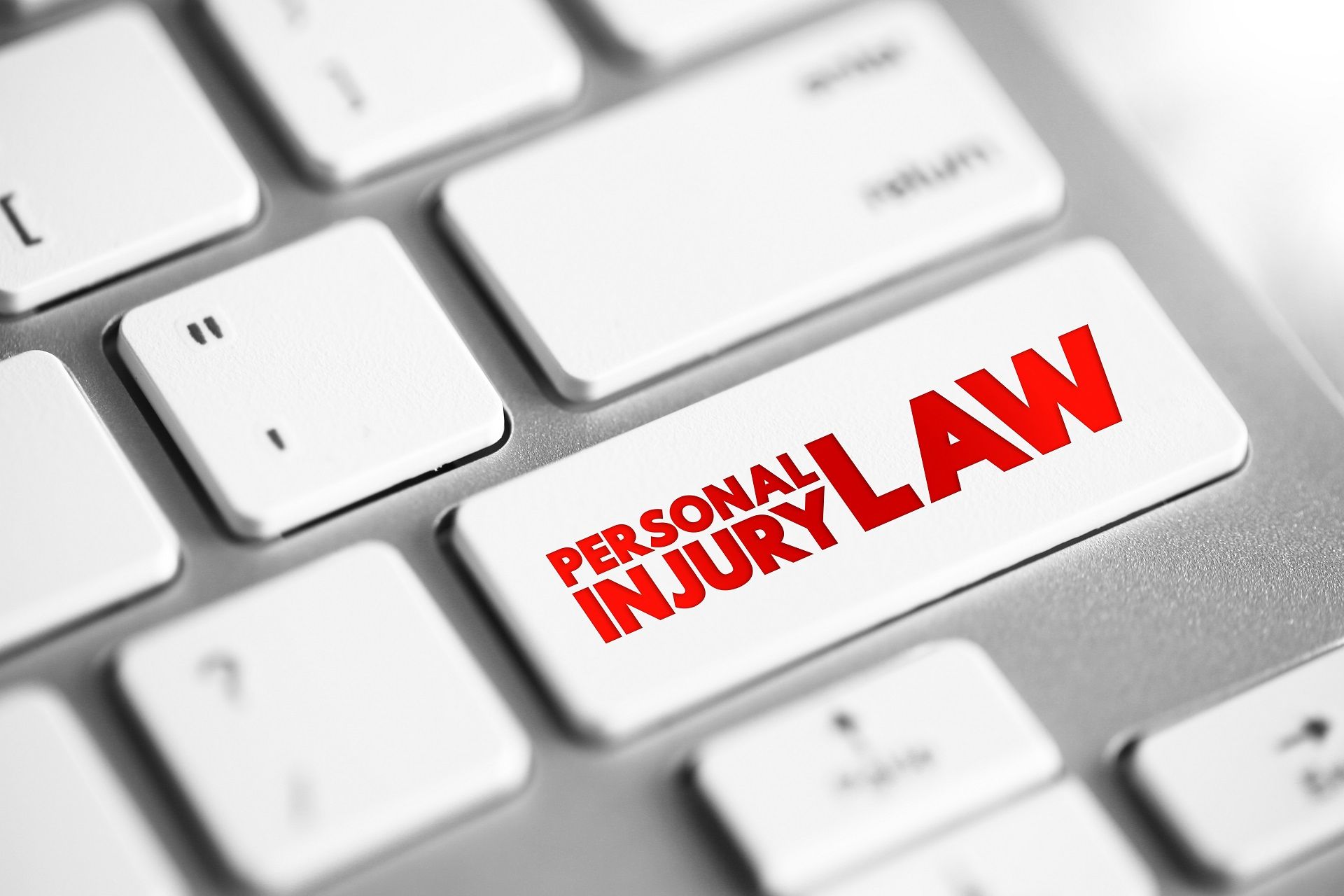Vocational Expert At SSDI Hearing - Things You Should Be Aware Of

No matter how clear-cut your disability claim may seem, you might have to prepare for your initial attempts to be rejected. Eventually, if your claim isn’t approved after your appeal, you’ll have to appear in front of an administrative law judge.
There is good news here, as most disability claims are won at this hearing.
You’ll be allowed to present your case in front of the judge, but you’ll also come face-to-face with a
vocational expert.
To dispel any confusion regarding this process, we'll explore the role of the vocational expert at SSDI hearing and take a closer look at the hearing itself.
Who Is a Vocational Expert?
A vocational expert at SSDI hearing is a key part of the judge’s decision regarding your disability claim. In short, vocational experts are individuals with expertise in different aspects of the labor market. For example, they’re familiar with the physical requirements of a variety of occupations but are also familiar with the skills required to perform well in different lines of work.
While the administrative law judge is the one who makes the call on your
SSDI claim, the opinion of the vocational expert is still a significant part of their decision.
Why?
Because the vocational expert can offer an informed opinion if you can work or not.
Vocational Expert At SSDI Hearing
The Social Security Administration (SSA) usually hires an expert for your hearing. This accomplishes two things:
- Explains how your past work can be categorized in the Dictionary of Occupational Titles (DOT)
- Answers the questions from the judge about which work you can do with your physical or mental restrictions
In other words, the vocational expert at SSDI hearing will offer an informed opinion about your vocational ability by considering your job history, your education, your disability, and the data in the DOT.
Assessing The Exertion level of Different Jobs
A vocational expert will take a close look at the jobs you performed in the past and determine the necessary exertion and skill level to perform them. In other words, the expert will cross reference your job history with the DOT and explain the requirements needed to perform each one.
The DOT has varying exertion levels which describe exactly how much stamina and physical capability is required for different jobs. For example, it covers physical actions such as standing, walking, and lifting objects of varying weight.
According to DOT, there are five exertion levels:
- Sedentary work
These jobs don’t require excessive amounts of physical exertion and they include jobs where an individual is primarily seated, occasionally lifts no more than 10 pounds, and spends less than two hours standing or walking.
- Light work
Light work isn’t physically demanding, per se, but it requires some walking, standing, and pushing or pulling leg or arm controls. It may include occasional lifting (no more than 20 pounds), frequently carrying or lifting objects up to 10 pounds, and a significant amount of standing or walking.
- Medium work
Medium work may require crouching, stooping, and grasping objects. It may include occasional lifting of up to 50 pounds and walking or standing for extended periods.
- Heavy work
These jobs are very demanding and include occasional lifts up to 100 pounds, frequent lifting and carrying loads up to 50 pounds, and significant amounts of standing or walking.
Assessing The Ability level
A vocational expert at SSDI hearing will also asses your skill and ability level. This refers to using correct techniques or making the right decisions in a particular job and covers both skills attained through prior working experiences and formal education.
According to DOT, skill levels are divided as follows:
- Unskilled jobs
These jobs require little judgment and can be learned in 30 days or less.
- Semi-skilled jobs
While these jobs require some skills that take over six months to acquire, they don’t include complex jobs or duties, only attention to detail.
- Skilled jobs
These jobs include complex duties and require a lot of training or experience. For instance, skilled jobs require qualifications and the ability with facts, people, numbers, or abstract thinking.
A vocational expert at the SSDI hearing will review your work history report and listen to your testimony and will classify your previous jobs on the skill level and physical requirements.
Questioning The Vocational Expert
Once you testify about your condition, the administrative law judge will ask the vocational expert questions about your past work history. The expert will then determine if someone with the same set of limitations can do any of your previous jobs. If they find that you can, in fact, complete your old job duties, the administrative law judge may deny your claim.
If the opposite happens and it’s established you’re unable to do your old job, the judge will ask the vocational experts about other types of jobs you can do. If there are no jobs you can complete due to your disability, you may win your claim.
The questions the vocational expert has to answer are in the form of hypotheticals, for example:
Consider an individual the same age as the claimant with the same work history and educational background. They can only perform unskilled, sedentary work. Are there any jobs currently available that this hypothetical individual can perform?
The vocational expert will then respond on which jobs the hypothetical individual can do and afterward, additional questions will be asked with each one increasing the number of restrictions.
Once the judge is finished with the questioning, your attorney can also cross-examine the expert in an attempt to rule out some jobs that the vocational expert determined you can do. For instance, they can provide additional limitations overlooked by the judge.
The Vocational Expert Is Not Your Enemy
Even though the prospect of someone speaking about your disability is scary, in most cases, vocational experts can help you receive your benefits.
If you hire an experienced attorney, they will successfully ask the vocational expert the right questions, and drastically increase your chances of winning your appeal.
In closing, the vocational expert at SSDI hearing is not your enemy, and if you do have a legitimate disability, the judge will most likely recognize that fact.
RECENT POSTS
CONTACT US
We will get back to you as soon as possible.
Please try again later.
Evaluation Request
Contact Us
We will get back to you as soon as possible.
Please try again later.
Contact
Contact Us
We will get back to you as soon as possible.
Please try again later.
All Rights Reserved.
This website is managed by Oamii.







